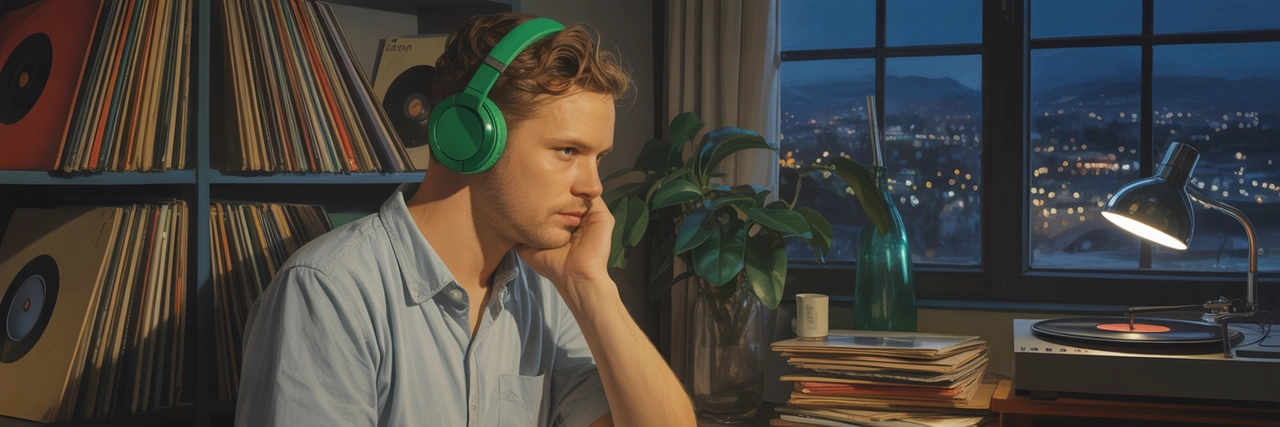Political Activism Posts on Crowch
Human history is marked by dates that must never be forgotten. December 7 is one of them. This day entered the calendar not only as a tragic page of World War II, but also as a celebration dedicated to the future.
⚔️ Pearl Harbor: the Strike that Changed History
The morning of December 7, 1941, became fateful for the United States and the entire world. The naval base at Pearl Harbor in Hawaii was suddenly attacked by Japanese aircraft. Within hours, ships were sunk, dozens of planes destroyed, and more than two thousand lives lost.
The attack shocked the United States and the international community. President Franklin D. Roosevelt called it “a date which will live in infamy.” The very next day, the U.S. officially entered World War II.
Since then, December 7 has been observed in the U.S. as National Pearl Harbor Remembrance Day — a day of mourning for the victims and a reminder of the cost of peace. It teaches future generations that freedom and security are never guaranteed — they must be protected.
✈️ Looking to the Skies: International Civil Aviation Day
But this date also holds another meaning. In 1994, the United Nations and the International Civil Aviation Organization proclaimed December 7 as International Civil Aviation Day.
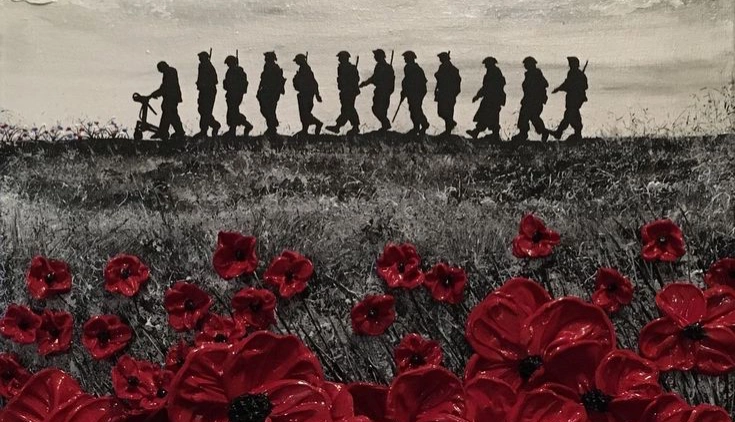
It is a day to reflect on how aviation has transformed our world. Where the skies once symbolized war, today they symbolize unity. Airplanes connect countries and cultures, bring families together, and help economies grow.
For pilots, engineers, air traffic controllers, and all those who work in aviation, it is a professional holiday. For millions of passengers, it is a reminder that the world is closer than ever before.
⚖️ The Symbolism of December 7
December 7 is therefore a day of contrasts. It carries the memory of destruction and loss, yet also embodies progress, creativity, and humanity’s desire to connect.
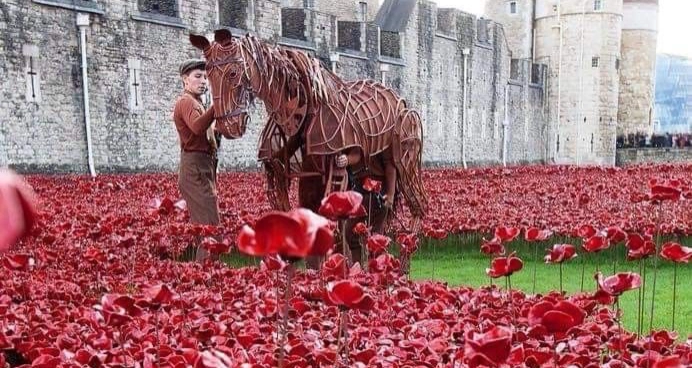
Past and future meet on this date, reminding us that while we must never forget the tragedies of history, we must also believe in the power of human innovation and goodwill.
October 24 is celebrated worldwide as United Nations Day, marking the anniversary of the UN Charter coming into force in 1945. Signed by 50 countries, the Charter established the United Nations to maintain international peace, foster friendly relations among nations, and promote human rights.
Why the UN Was Created
In the aftermath of World War II, humanity recognized the urgent need for a global organization that could prevent future conflicts, ensure security, and address pressing global issues. The United Nations was born with a mission to build a safer, fairer, and more sustainable world.
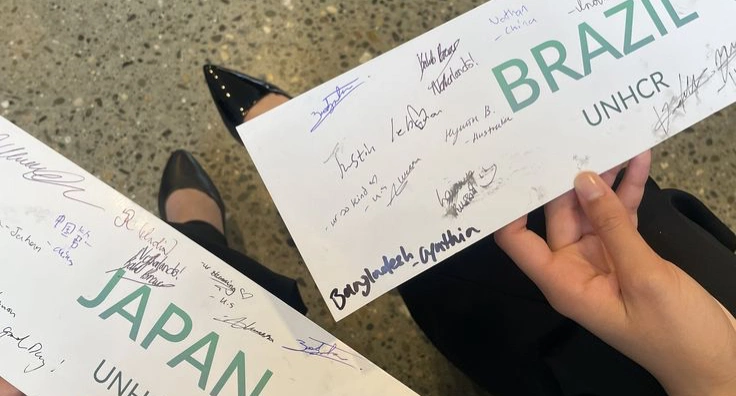
The UN’s Role Today
The UN’s work spans multiple critical areas:
- Conflict resolution and peacekeeping missions.
- Combating climate change and protecting the environment.
- Promoting human rights and fighting discrimination.
- Coordinating humanitarian aid in crisis zones.
Why This Day Matters
United Nations Day is both a celebration and a reminder that international cooperation is essential in a world where challenges transcend borders. From climate change to pandemics, solutions require unity and joint action.
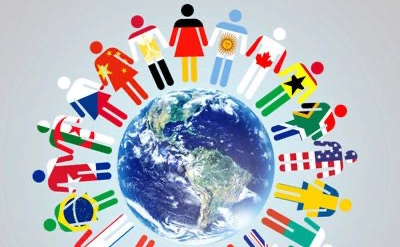
How to Commemorate It
- Learn more about the UN’s work and global initiatives.
- Support programs that help vulnerable populations.
- Contribute to peace through volunteerism and charity.
United Nations Day is a moment to reflect on the importance of respect, understanding, and working together for a better world — values that the UN strives to uphold every day.
In November 2025, the city of Belém (in the state of Pará, Brazil), located in the heart of the Amazon, will host the 30th United Nations Climate Change Conference of the Parties (COP30). This summit is expected to be a pivotal moment for global climate action, as countries are due to present updated commitments under the Paris Agreement and take new steps toward preventing climate catastrophe.
Why COP30 Matters
COP30 marks a decade since the Paris Agreement was adopted in 2015, where over 190 countries pledged to limit global temperature rise to well below 2°C. By 2025, all nations are expected to submit updated and more ambitious climate plans, known as NDCs (nationally determined contributions).
This summit isn’t just another round of negotiations — it’s where governments, businesses, scientists, and civil society come together to find real pathways to a carbon-neutral future.
Why Brazil?
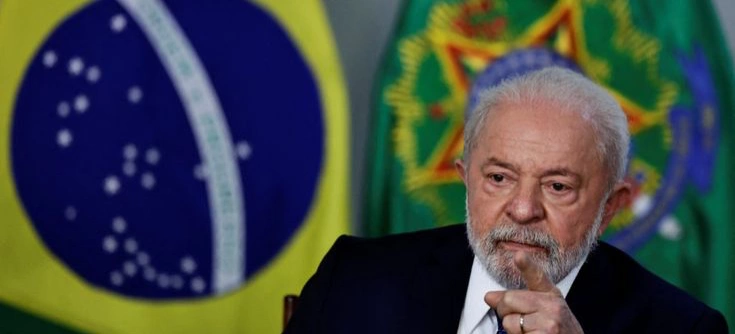
The location is deeply symbolic. Belém sits near the mouth of the Amazon River and serves as a gateway to the world’s largest tropical rainforest — a vital carbon sink and a pillar of global climate stability. Yet the Amazon has been under severe pressure from deforestation, wildfires, and environmental degradation.
Hosting COP30 in the Amazon highlights the urgent need to protect Earth’s natural shields. Brazil, under President Luiz Inácio Lula da Silva, has recently taken more active steps in climate leadership — COP30 will put these ambitions to the test on the world stage.
Key Topics at COP30
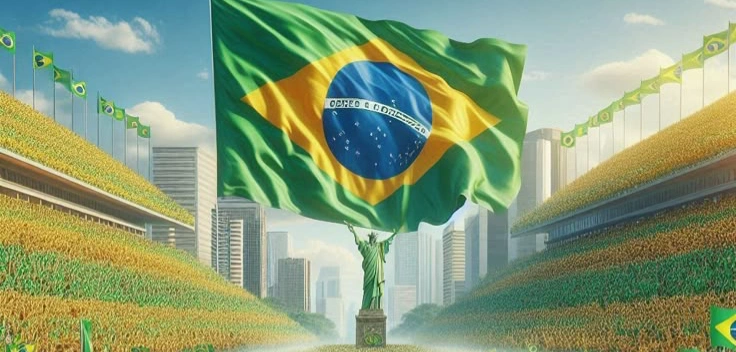
- Paris Agreement progress review — assessing the last decade’s achievements
- New national commitments — strengthening and updating NDCs
- Climate finance — increasing support for developing nations
- Nature-based solutions — protecting rainforests, biodiversity, and ecosystems
- Green economy transformation — renewable energy, clean transport, and decarbonizing industry
- Climate justice — including Indigenous voices, supporting vulnerable communities, and boosting adaptation
The summit will also focus on empowering the Global South, acknowledging that their leadership and resources are essential to solving the climate crisis.
Outcomes and Challenges Ahead
- Developing a unified system for monitoring global progress
- Moving from voluntary pledges to binding commitments
- Discussing the concept of a global “carbon budget”
- Expanding financial support for climate-related loss and damage
- Navigating political divides between developed and emerging economies
COP30 may become a turning point where world leaders are forced to choose between continued delay and urgent action.
COP30 in Brazil is more than a diplomatic gathering — it’s a chance for the world to choose a responsible, fair, and sustainable path forward. As climate impacts accelerate, decisions made in Belém will shape not only the future of the planet but also the legacy we leave for generations to come.
I’ve never been one to wave a flag — not because I lack love for where I’m from, but because I’ve always been suspicious of symbols that try to speak for too many people at once. These days, patriotism feels louder, rougher, more performative. I don’t mind someone’s pride, but when it gets weaponized, it becomes noise. Somewhere in that shift, the quiet kind — the kind that listens, builds, doubts — seems to get drowned out.
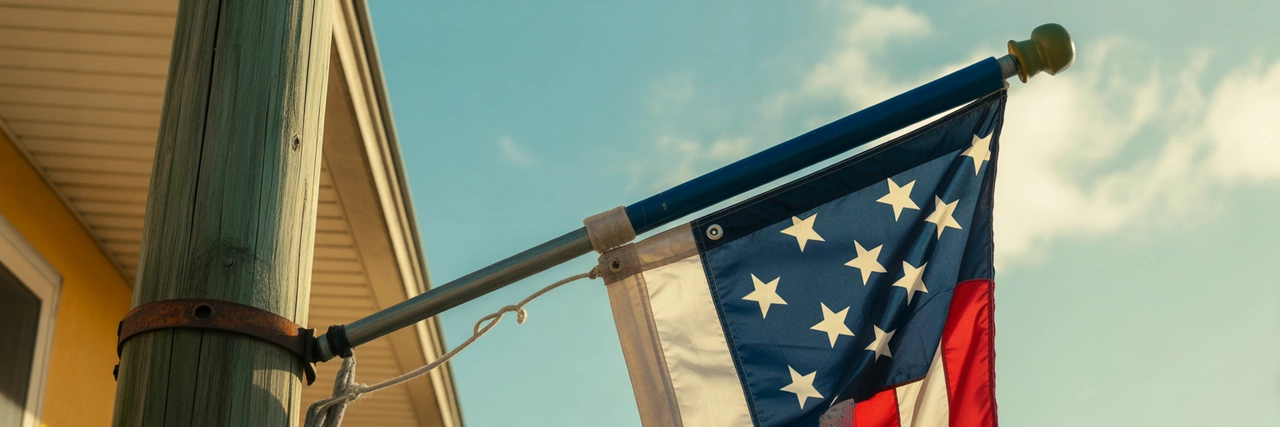
I live near a square where an old bronze figure stands — a general from a forgotten war. Most days he’s ignored, but now and then someone tapes a protest note to the pedestal, or sprays a slogan across the plinth. And I get it. We keep building monuments to things we never fully understood. Memory is messy. But instead of tearing them all down, maybe we need to walk around them slowly, ask new questions, listen to the silence they cast.
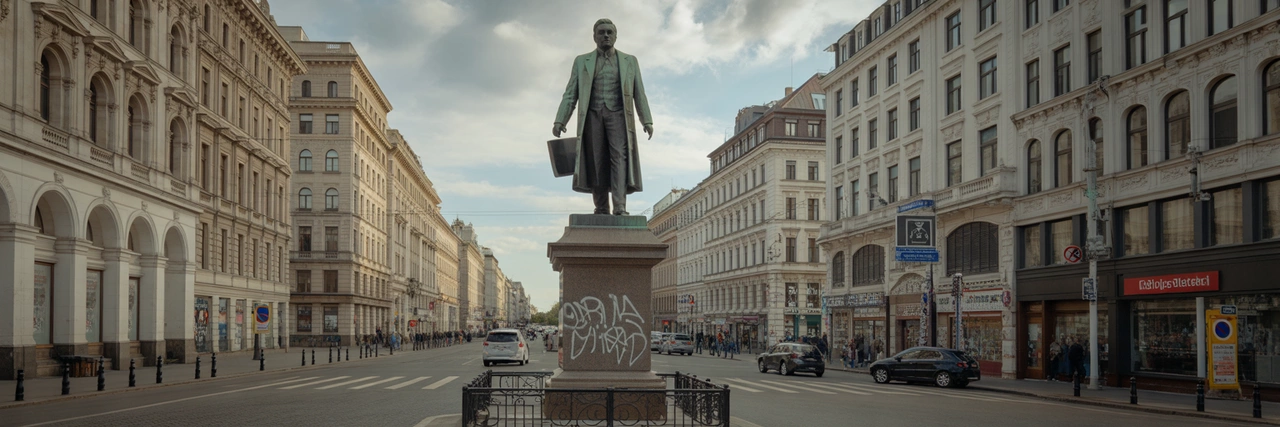
What I’ve learned, drifting between cities and languages, is that belonging doesn’t need a uniform. It’s a smell in the morning, a neighbor nodding at you, the way you know which streetlight flickers first at night. That’s the kind of patriotism I trust — not the kind you shout, but the kind you live. And yet it rarely gets the microphone. Maybe because it doesn’t sell anything.
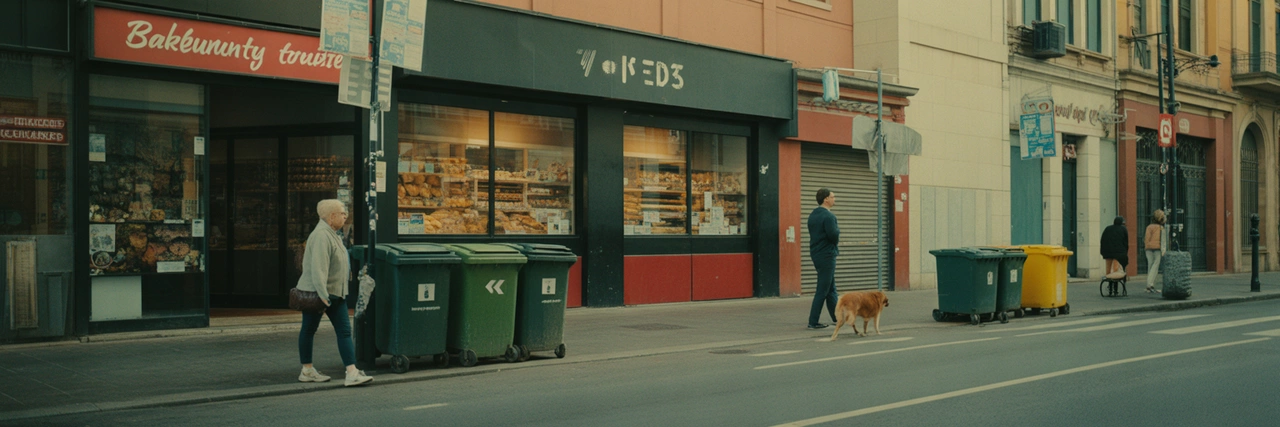
I’ve seen flags burned in squares and hoisted high on rooftops, both by people certain they’re right. And I wonder — when did we stop making room for doubt in our public rituals? Maybe real love for a country isn’t certainty, but staying in the discomfort long enough to help it change. That’s a messy loyalty, but maybe the only one worth having.
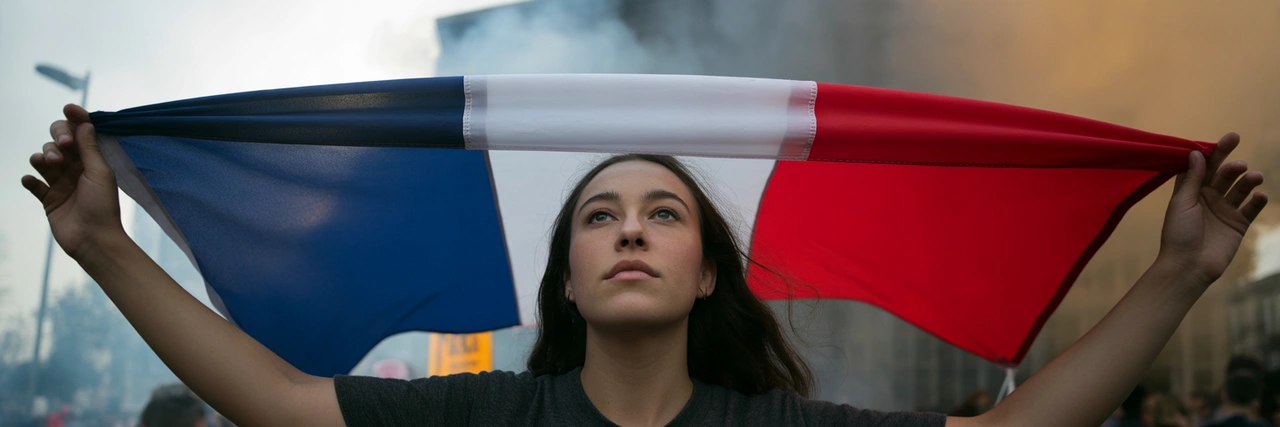
On June 30 and July 7, France is heading to the polls in snap legislative elections called by President Macron — a rare political rupture triggered by the recent surge of the far-right National Rally in the European elections. While it may seem like just another shakeup in French politics, this moment feels heavier. There's something about this vote — the timing, the tone, the tension — that resonates far beyond national borders.
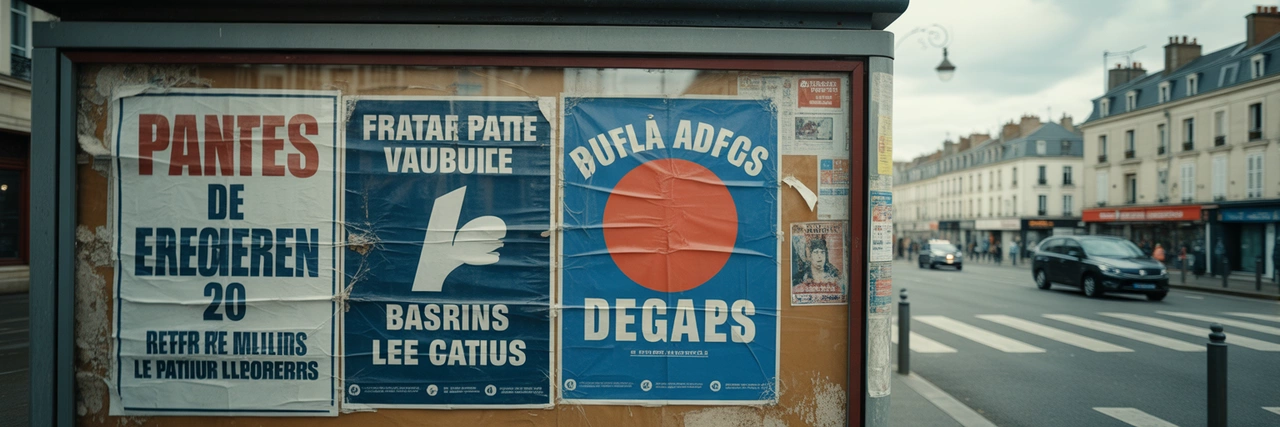
What makes the French vote so important now is its reflection of wider European anxiety — about identity, economics, migration, and the pace of change. France, like many countries, is wrestling with internal fractures that feel both modern and ancient. In cafes and on sidewalks, conversations feel sharper, more anxious. The ballots this summer are not just choices; they’re symbols of a continent at odds with itself.
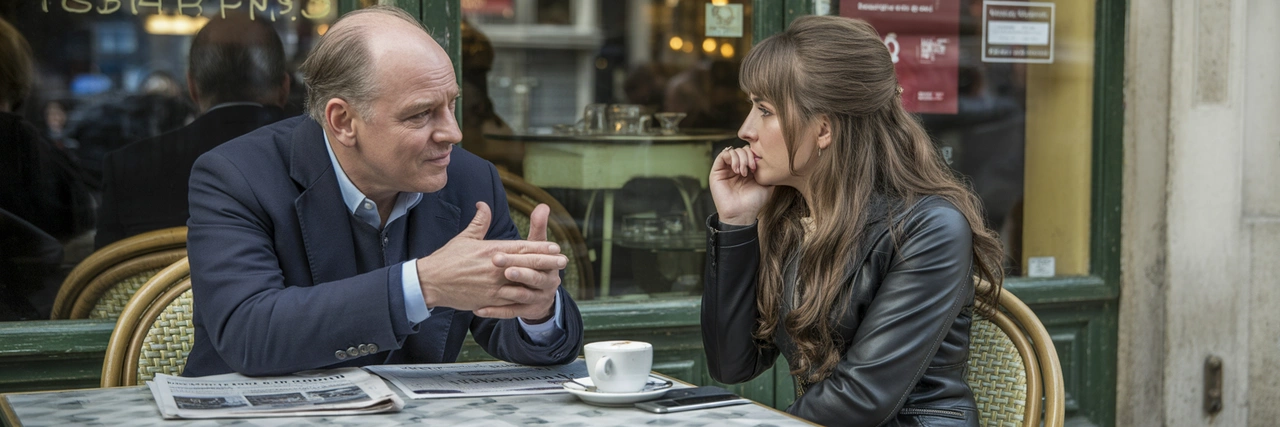
Walking through Marseille last week, I saw murals painted over with fresh slogans. In Lyon, street musicians played protest songs between tram stops. These aren’t just artistic gestures — they’re signs that people are listening, reacting, reshaping their spaces. French culture, with its rich artistic lineage, always folds politics into poetry, even when the subject is fear.
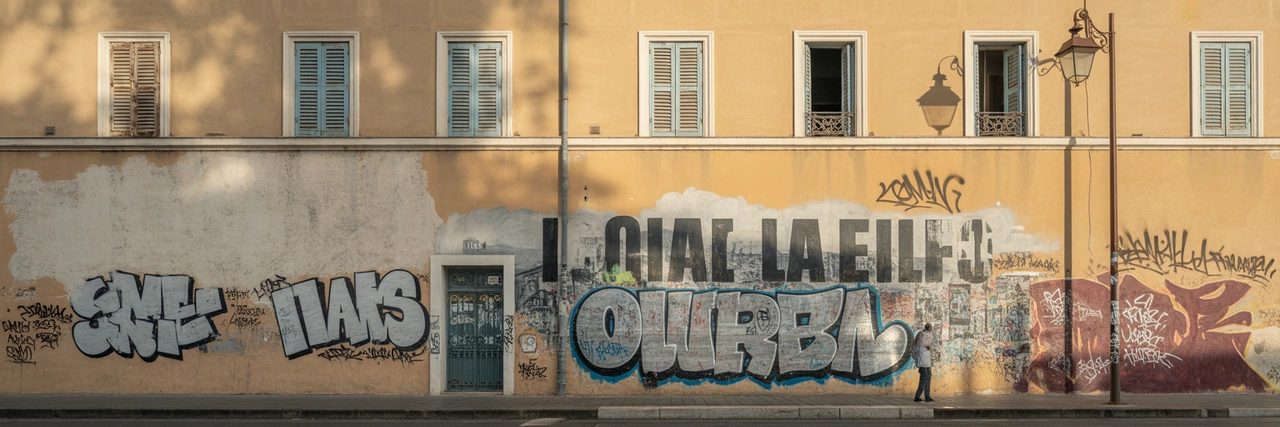
I’m not French. I’m not a political scientist. But I’m someone who believes that cultural shifts begin with civic ones. How France votes next week will tell us a lot — about how democracies bend or break under pressure, how political language is mutating, and how the old center is holding (or not). It’s a moment to observe closely, not because we expect clear answers, but because we might recognize something of ourselves in their uncertainty.
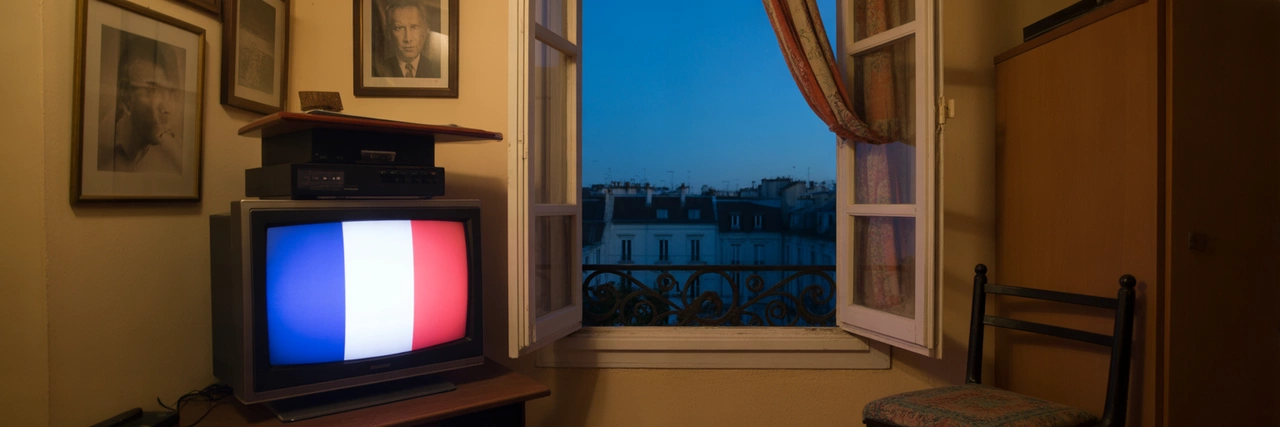
This year, the streets are alive again with voices demanding change — from climate justice in European capitals to calls for democracy in distant cities. Watching these movements unfold, I’m struck by how protest culture has evolved: it’s no longer just chants and marches but a complex choreography of digital mobilization, artful expression, and relentless persistence. The old spirit of rebellion blends with new tools, creating a restless, hopeful energy.
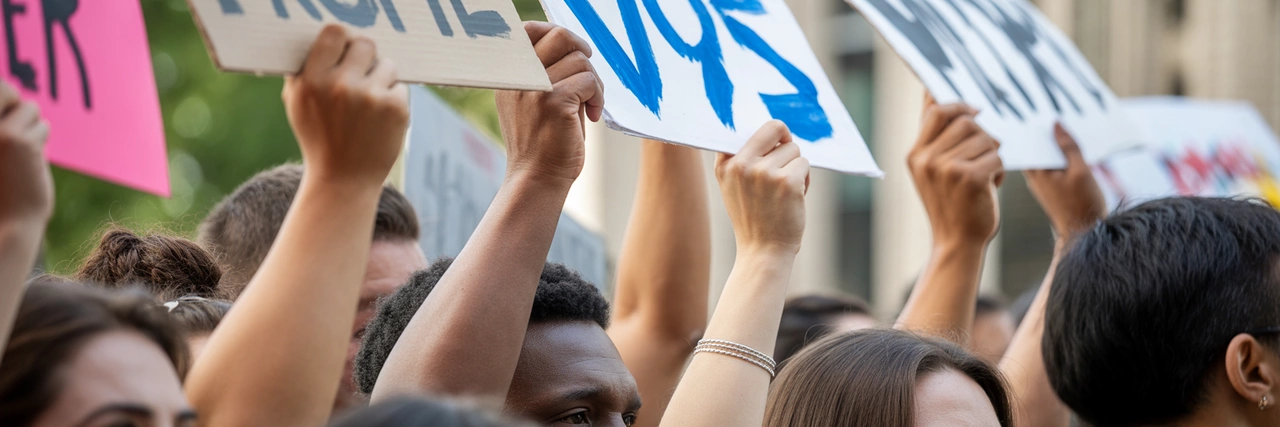
What fascinates me is how art has become inseparable from protest. Murals, street performances, and music turn public spaces into living galleries of resistance. This fusion of creativity and conviction feels personal — a way to speak beyond slogans, connecting hearts and minds. It reminds me why art matters: not just as decoration but as a force that shapes social consciousness.
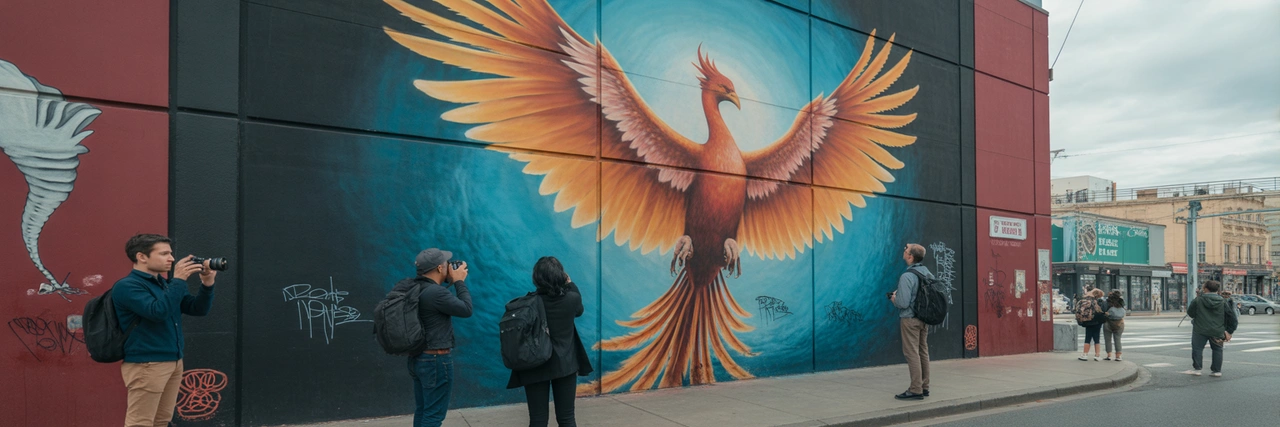
I don’t claim to be an expert in politics, but as an observer and participant in this world of ideas, I notice something: behind every protest are stories — fears, hopes, and stubborn dreams of better days. It’s tempting to get lost in headlines, but the real pulse is in the quiet moments, the conversations on sidewalks, the tired smiles after long days of marching. This is where change lives, fragile but fierce.
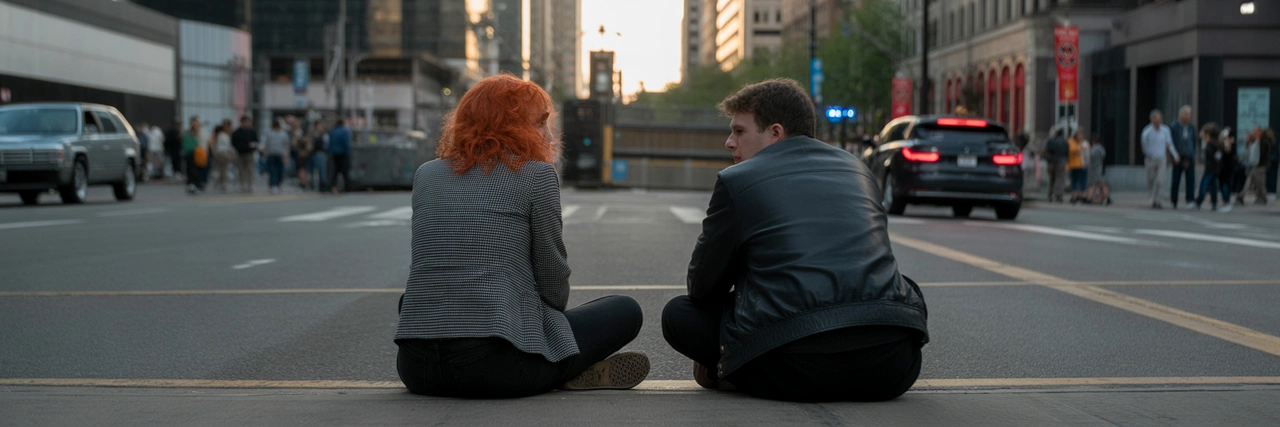
As someone who lives late nights, I often reflect on what tomorrow’s dawn might bring. These movements, despite setbacks and noise, carry a deep human truth — that even in uncertainty, we strive for connection and justice. Watching this unfold, I feel part witness, part dreamer, hoping that the restless energy of 2025’s protests will lead to more than just noise, but lasting change.
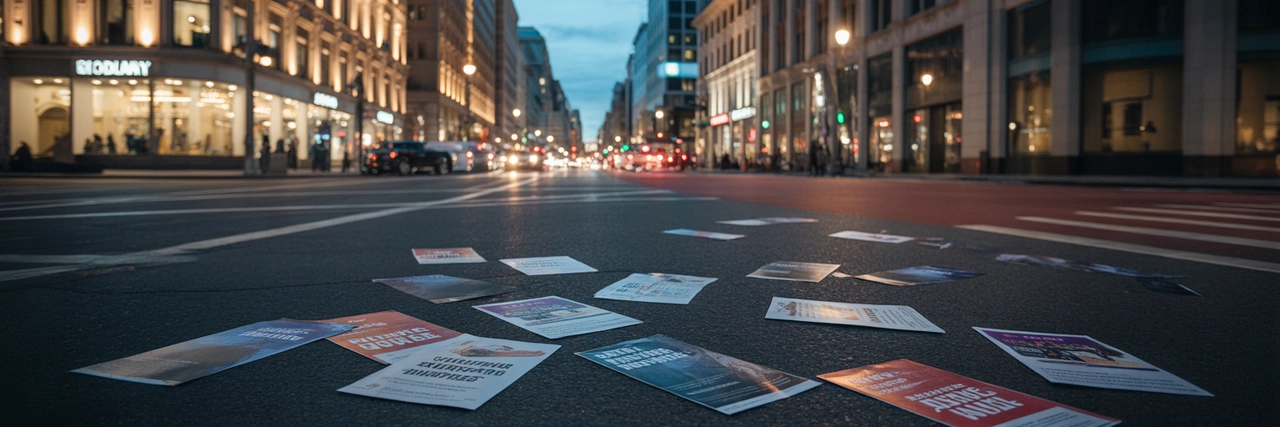
History knows crimes without victims. But some crimes have no victims other than the air itself — sound, style of life. In the 1930s and beyond, in Stalinist Russia, Nazi Germany, Fascist Italy and other regimes, jazz wasn’t just banned. It was labeled a hostile ideology. Incompatible with discipline, order, military march.
They said jazz corrupts. Because it improvises. And what’s more dangerous than a man who doesn’t play by the notes?
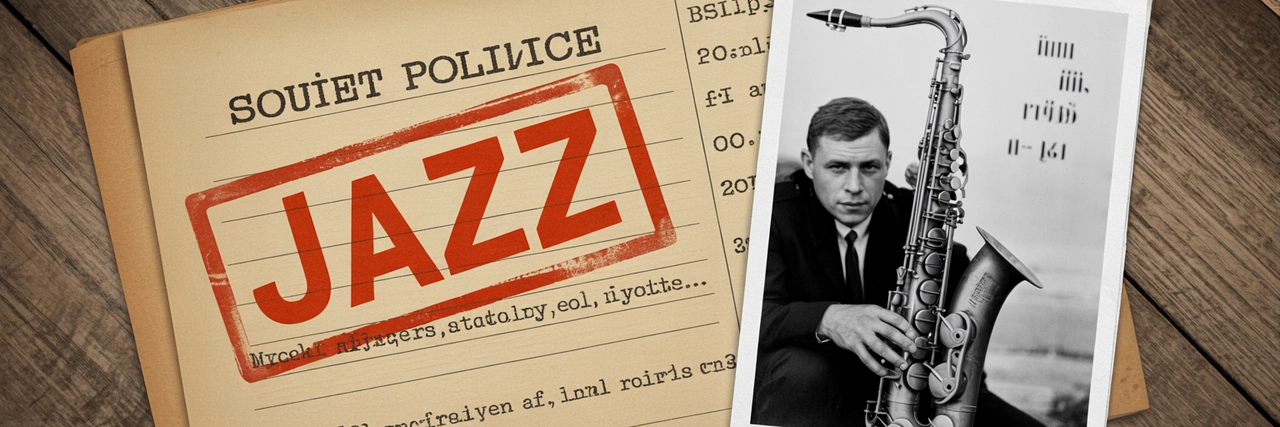
I found an interrogation transcript from 1948. A musician was arrested for playing “Western decadent music” in a restaurant in Sverdlovsk. He told the investigator: “I didn’t think. I just played… so people would smile.”
He got five years in a labor camp. For smiles.
These stories were not exceptions. They were the system. In Poland, Hungary, USSR — thousands hid their instruments. Before concerts, someone stood guard by the windows: “Police are coming!” — and the music stopped mid-note, like a life cut short.
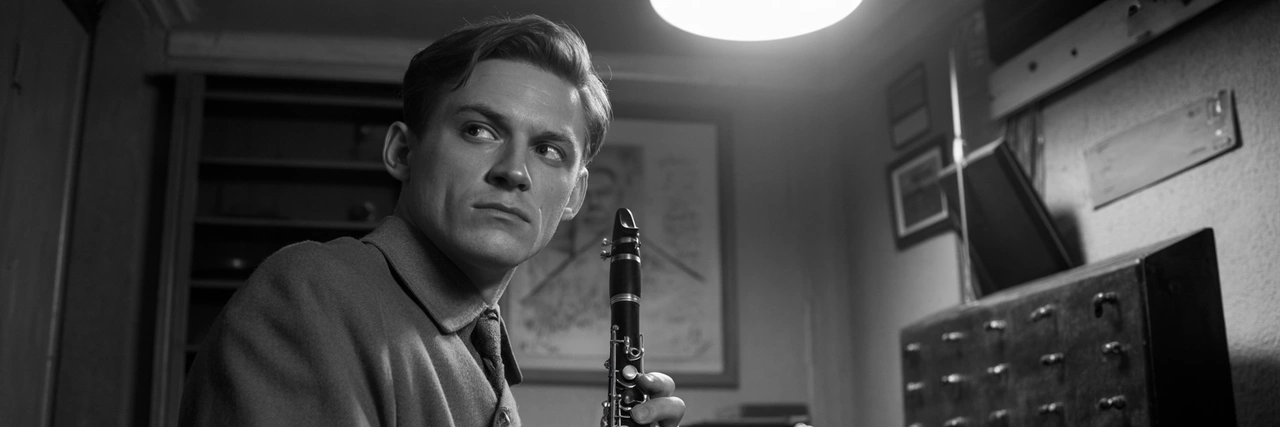
Jazz was considered a cipher. A musical telegram about freedom that could infect minds. In the Third Reich newspapers, they called it “Negermusik — the art of subhumans.” Musicians were called “jazz Jews.” Dancing to swing was evidence of moral decay.
But the ban didn’t kill the music. It only made it quieter. Secret. Passed hand to hand like samizdat. Listened to under blankets. Recorded secretly on tape decks in bathrooms to muffle the sound from neighbors. It was no longer entertainment. It was resistance.
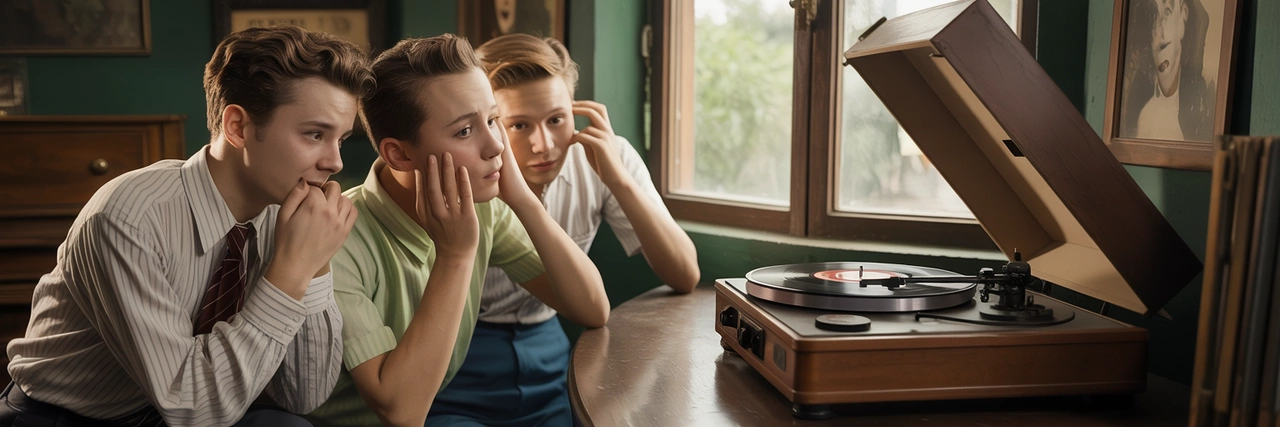
Paragraph 4: Jazz in chains — still alive
Even in the Gulag, jazz was heard. Sometimes during “official” prisoner concerts for the guards. Sometimes secretly, when someone found an old accordion and tapped syncopated rhythms with knuckles.
One prisoner later wrote:
“I forgot my wife’s face. But I remembered the G major chord on my broken guitar.”
When there’s no freedom, the body is imprisoned, the soul in fear… all that’s left is rhythm. A small personal rebellion in four bars.
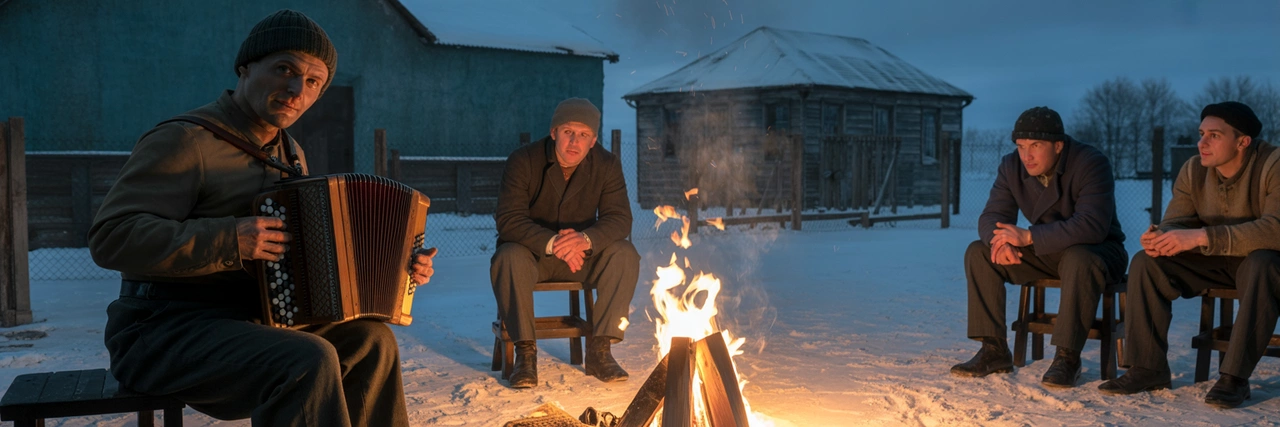
Final: Evidence of guilt — love of freedom
I listen to jazz at night — not as a genre, but as a language. It still sounds illegal, as if through bars. There’s something familiar in that. Something that says:
Live like you’re a saxophone in a country where saxophones are banned.
Because that is true freedom. It doesn’t shout. It improvises.
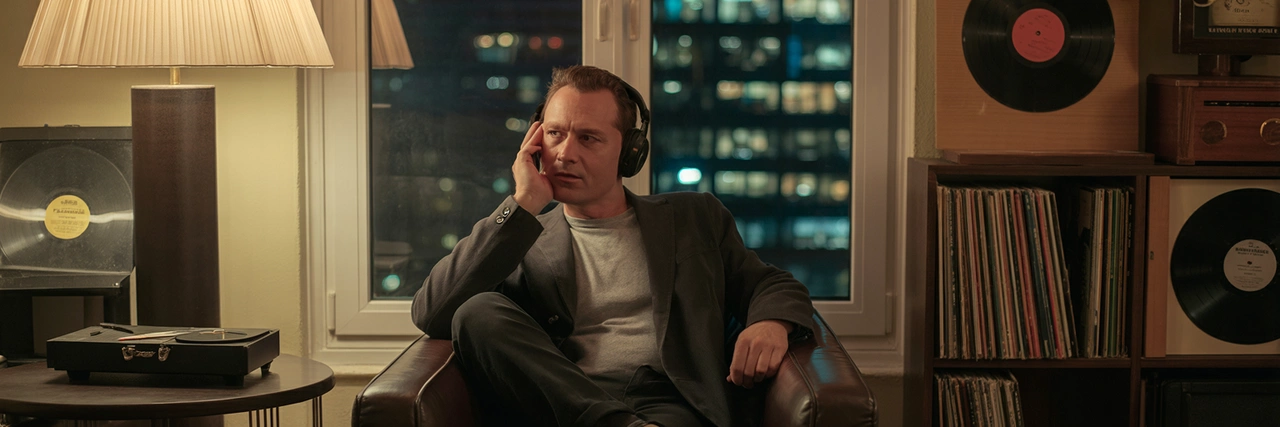
In the USSR, where official stages were guarded by ideology, music found refuge in tiny apartments. These “kvartirniki” — secret gatherings in cramped living rooms — were more than concerts. They were meetings of minds and hearts hungry for freedom.
The walls were thin, voices low, and the fear of being reported was real. But when the first chord was struck on a battered guitar, the room filled with a rebellious pulse. Songs weren’t just melodies; they were lifelines, whispers of a world beyond censorship.
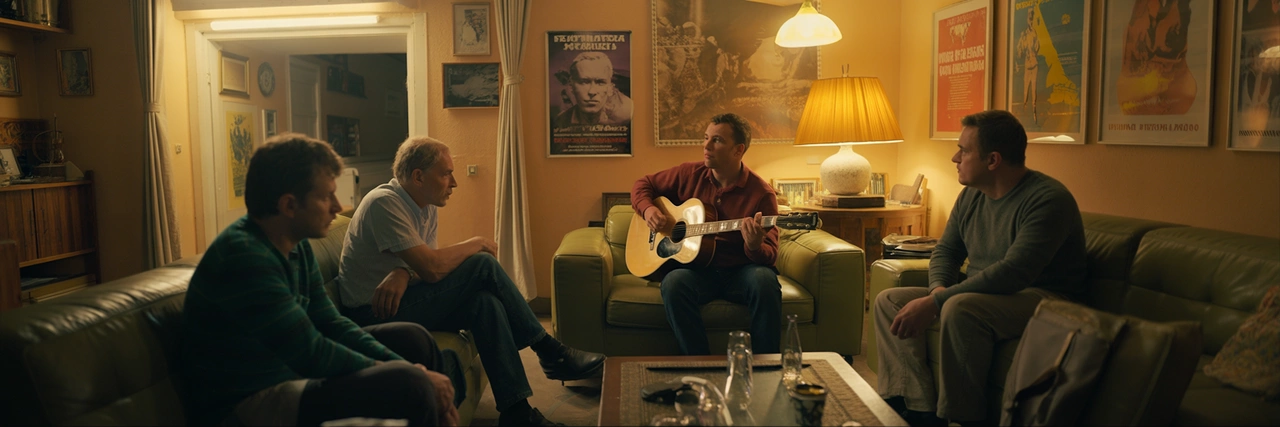
These weren’t just songs — they were poems disguised as music. Bard songs by Yuri Vizbor, Bulat Okudzhava, and underground rockers carried coded messages about longing, despair, hope. Every lyric was layered with meaning, every pause charged with unspoken truths.
Singing was an act of courage. To voice a forbidden thought was to risk everything. Yet, these intimate concerts created a shared space where people dared to dream aloud.
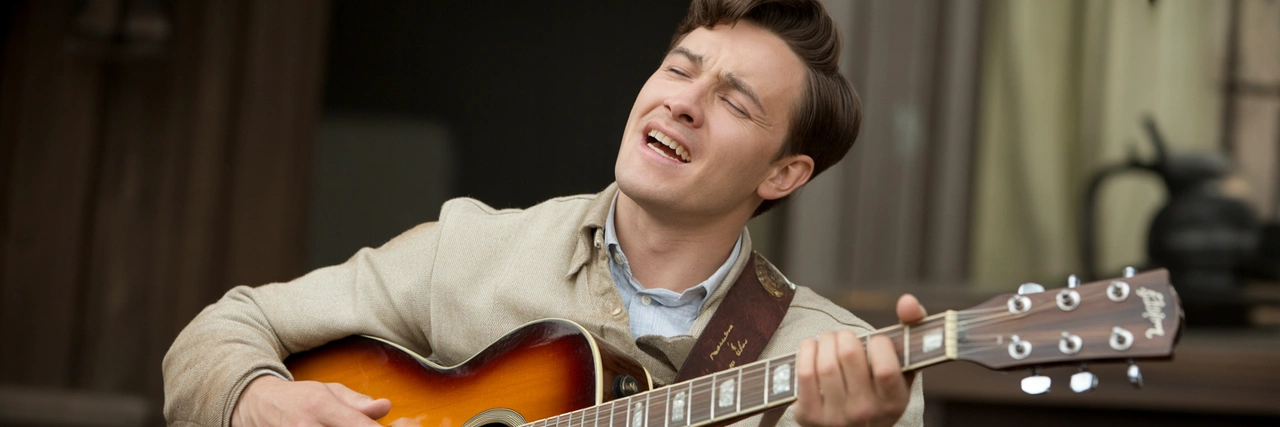
Information traveled by word of mouth. Invitations were whispered in corridors; no posters, no ads. Every new gathering was a small victory against the state’s attempt to silence.
Sometimes the KGB knocked on the door. Sometimes the music stopped abruptly. But the spirit didn’t die. The underground scene thrived in the shadows — in basements, attics, on trains — wherever the melody could sneak.
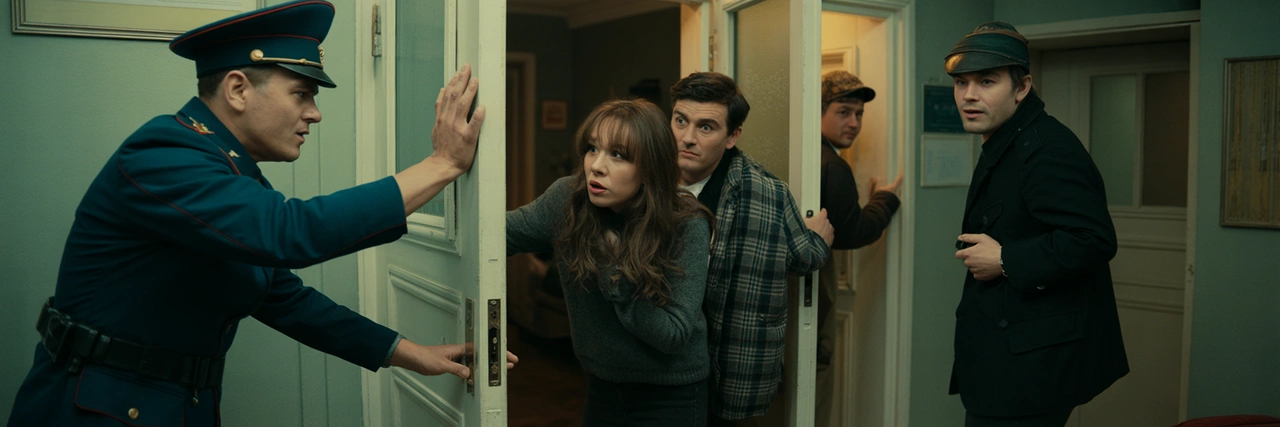
Today, these songs echo beyond the cramped rooms and quiet streets. They remind us that music can be a shield and a sword — a way to reclaim voice and identity.
Listening now, I feel that same pulse in my veins. The secret gatherings, the whispered verses, the stolen moments of freedom — they weren’t just history. They’re a call. To improvise, resist, and live fully — even in silence.
